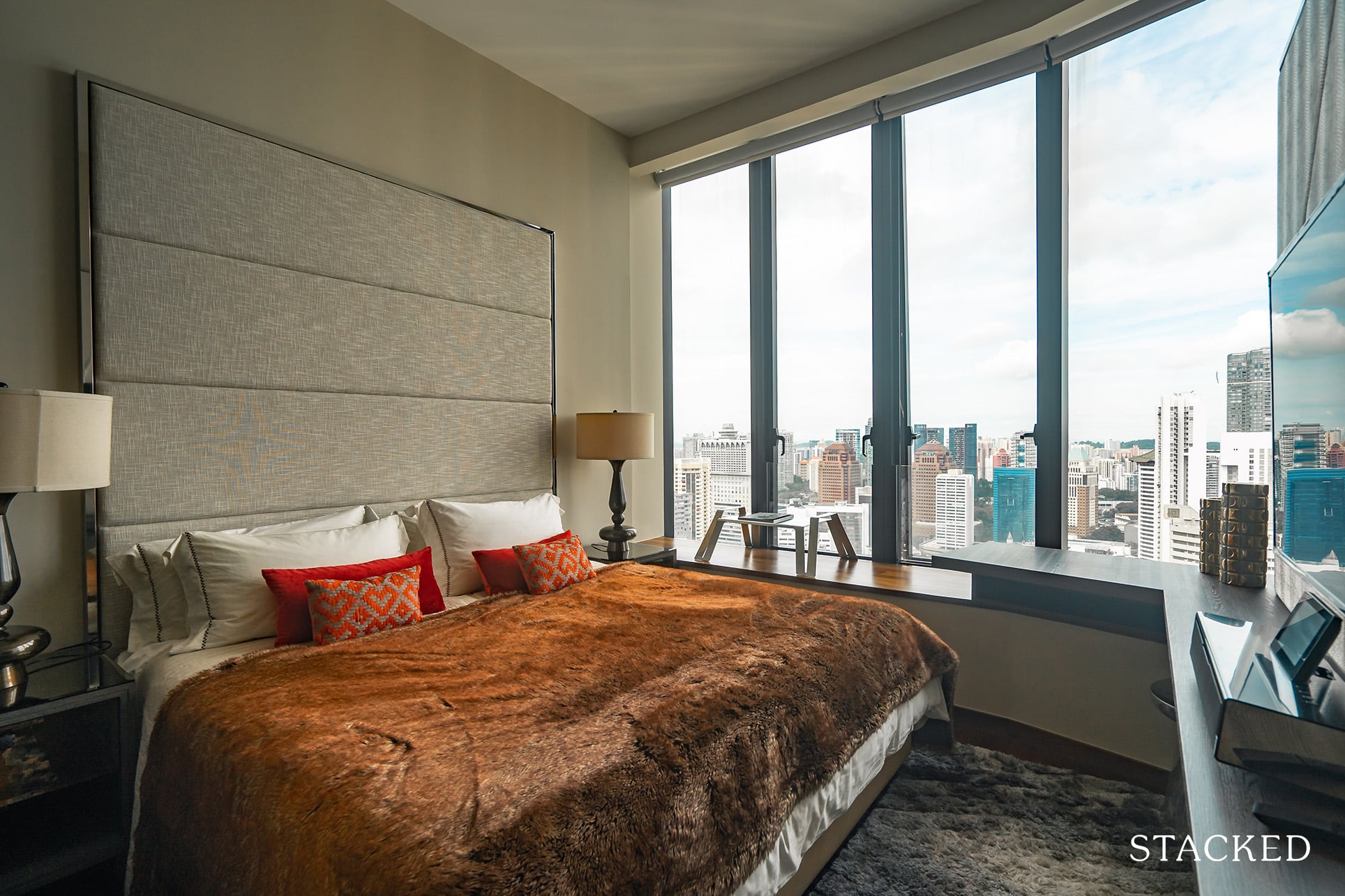Why Being The First Seller In A Condo Can Be Risky (And How To Make It Work)
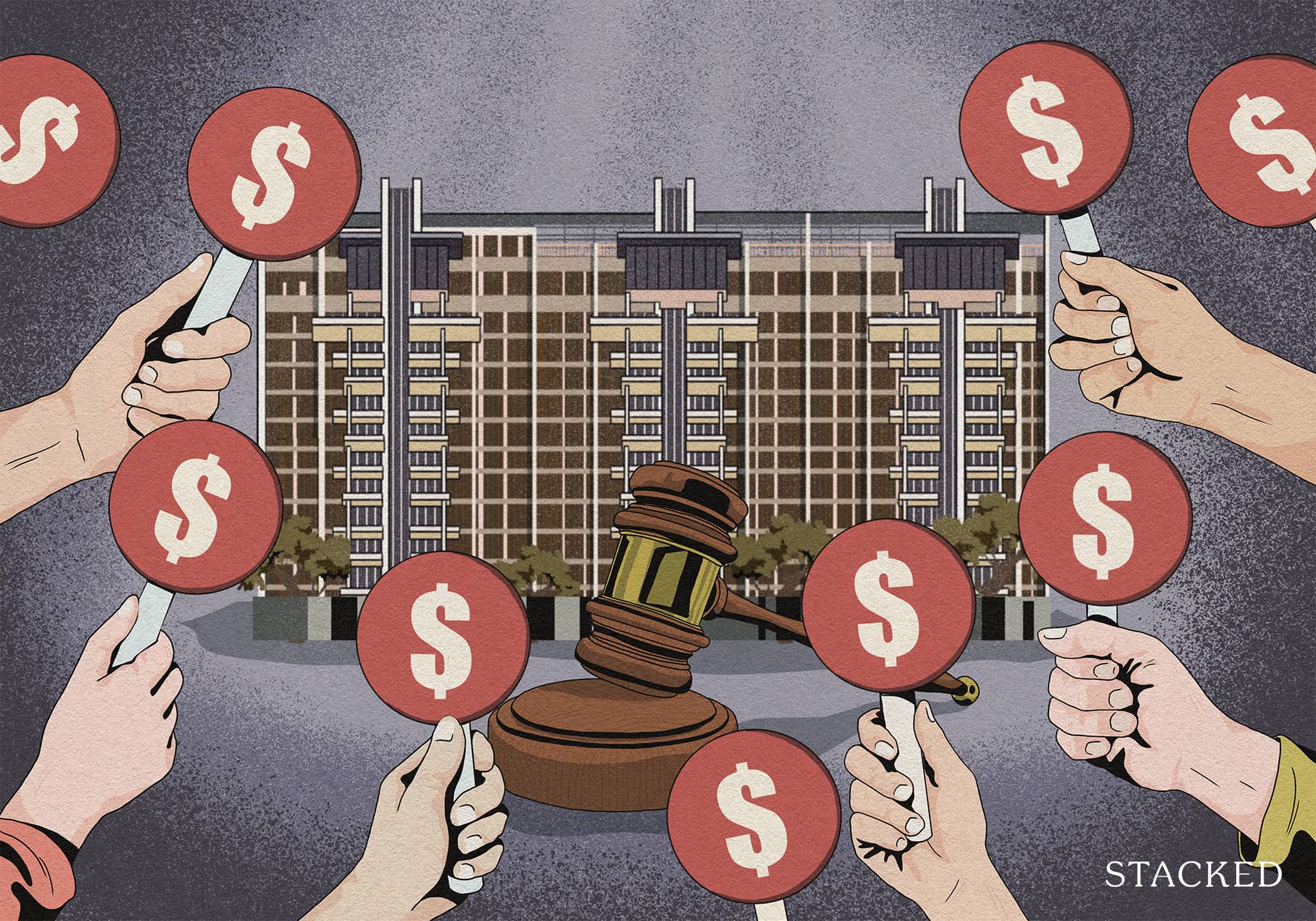
A seasoned content strategist with over 17 years in the real estate and financial journalism sectors, Ryan has built a reputation for transforming complex industry jargon into accessible knowledge. With a track record of writing and editing for leading financial platforms and publications, Ryan's expertise has been recognised across various media outlets. His role as a former content editor for 99.co and a co-host for CNA 938's Open House programme underscores his commitment to providing valuable insights into the property market.
Depending on who you ask, being the first seller in a condo project is either a blessing or a curse. On the one hand, there’s no prior transactions to hamper your price; and buyers may be more open to negotiation. On the other hand, there’s no prior transaction to support your price either – and this is the kind of transaction where a skilled agent may be a make-or-break factor. Here’s what you should be prepared for, and some key considerations to help you make the most of your pioneering sale:
1. You’ll need to look at more than proximity when comparing other properties
Lacking a good point of reference, buyers – as well as their agents – will probably peg your condo prices based on surrounding properties, or on those within a one-kilometre radius. Sometimes sellers themselves do this, looking at a neighbouring condo (or one within walking distance) as a guide.
While it’s not entirely wrong, be aware of how misleading this can be. Sometimes the nearest condo is 10+ years older, is much bigger or smaller, or has transactions on much lower floors compared to yours. While location is a major factor, issues like lease, age of facilities, low volume of transactions nearby, etc. should also factor into your price consideration.
Take the time to detail aspects like unblocked views, favourable unit orientation, or improved facilities to justify your asking price. If it happens that we’ve done a review of your condo when it was a new launch, you can use some of the points we made (e.g., unique features or early price comparisons) as a reference.
2. Check out resale flat prices and MOP dates, in nearby HDB enclaves
In many (but not all) situations, the first few buyers of a condo may already live nearby. HDB upgraders are the most sizable buyer demographic in general, and many will want to live near a neighbourhood they’re familiar with, to minimise disruption. These buyers also tend to be better versed in the area’s property values, and can be more budget-conscious.
This means the prices of nearby resale flats do have an impact on you. If the surrounding 4-room flats are easily fetching prices of $800,000, for example, that’s a sign the buyers may be able to handle a quantum of $2 million or more; a notable difference from neighbourhoods where resale flat prices are barely breaking $600,000+.
This is why a property agent who has recently transacted in the area is important: they may know the prices of other property segments in the same area, and can advise you accordingly.
Also take note of MOP dates in nearby HDB enclaves: if their five-year MOP coincides with when you’ll be selling, you might have access to a bigger pool of prospective buyers.
3. Don’t wait too long, as even one other transaction closing before you could anchor the price lower
One of the worst situations is when you have a handful of really interested buyers, but another unit cuts in and sells just before you. As you’re both the earliest sellers, there’s no volume of transactions to base an average price on: so if the other seller happens to accept a lower price, you may find you’re forced to match it as well.
This can also happen if another unit gets a bank valuation that’s much lower than your asking prices. Property agents do talk among each other, so this valuation can leak out; and it can lead to subsequent buyers making lower offers.
This is where having a well-connected agent matters, especially for the first few sales in a project. Sometimes your realtor will catch wind of the low valuation, and prompt you to quickly close the deal before word gets out. It’s best to take their advice in this case, as the offers could potentially get worse with time.
4. Exclusive deals tend to work better for these cases
If you don’t have an exclusive deal with one property agent (i.e., any realtor can get the service fee for closing the deal), then your property tends to go on the back burner. No one wants to risk a huge marketing spend on your listing, only for someone else to swoop in and grab it.
This is also bad for regular listings, but it can be worse for new listings. It’s likely that any mention of your project is still from way back in its launch days, or from the occasional mention as a point of comparison – so you want a realtor who’s going to make the listing more prominent, and refresh it more often. Otherwise, people searching in the general area may not even see your property.
Second, it takes more in the way of negotiation and viewings to persuade buyers, when there isn’t an established price history. Agents are less inclined to commit this kind of time and effort, if the deal isn’t exclusive to them.
5. Renovations tend to matter more for the first seller
Renovations are a wild card, when it comes to resale value. They may or may not “pay for themselves” in attracting a buyer. They are, however, more important if you’re the first seller: when there’s no quantifiable numbers to check, buyers start to go with their heart and their eyes.
Factors such as being ready-to-move-in, or renovations being less than five years old, can be the edge you need to push up the pricing. At the very least, it’s worth giving your place a new coat of paint, or fixing up sagging cabinetry.
If you’re the first seller in your project, we’ll go with the assumption that you have at least a relatively new condo in your area. This also raises buyer expectations regarding maintenance; and buyers tend to be less forgiving than if they’re viewing a 15+ year old condo.
6. You may need to put in extra effort for the descriptions, photos, videos, etc.
If you’re the first to sell in your project, and it’s been a while since it was a new launch, any information about it may have long faded from Google’s front pages. There may be few to no other listings and pictures besides yours, so the first impression will be your unit. This gives you an opportunity to shape the narrative around your project too.
This can justify a more elaborate treatment of the listing. You might plausibly use video (if you don’t mind the expense), or better staging of the unit. In particular, you may want to note if nearby train stations, malls, or integrated developments are now up and running, compared to older information about the project.
7. Lastly, if you’re really uncertain, don’t dismiss the usefulness of a property auction
Property auctions are not just for distressed sales. While these are still not the most common avenues, some sellers use them as a way to quickly gauge overall demand and collect multiple offers. This can also work if you’re in a hurry and there’s a lack of precedent (i.e. niche property types or units that have yet to be listed).
There is a commission involved for auctions; most often around one per cent for the auctioneer, plus any added administrative fees. This could be worth paying though: even if the property doesn’t sell, you could leave with a better sense of what someone will pay. Also note that, if the reserve price for the auction isn’t met, there can still be private negotiations with buyers afterward.
Finally, the good news is you can aim higher, as the ceiling isn’t established
If you’re a later listing, you’d face a psychological issue among buyers, in that no one wants to be the one to “lose.” To some buyers, that’s defined as paying as much as, if not higher, than the last highest recorded transaction.
As you’re the very first listing though, there’s no “highest” transaction to cause this. So whilst you should act with some urgency (see point 3), you shouldn’t be afraid to be more aspirational with your asking price; so long as it’s still within reason.
If you need help as the first to sell in your project, reach out to us at Stacked. If you’d like to get in touch for a more in-depth consultation, you can do so here.
Ryan J
A seasoned content strategist with over 17 years in the real estate and financial journalism sectors, Ryan has built a reputation for transforming complex industry jargon into accessible knowledge. With a track record of writing and editing for leading financial platforms and publications, Ryan's expertise has been recognised across various media outlets. His role as a former content editor for 99.co and a co-host for CNA 938's Open House programme underscores his commitment to providing valuable insights into the property market.Read next from Property Advice
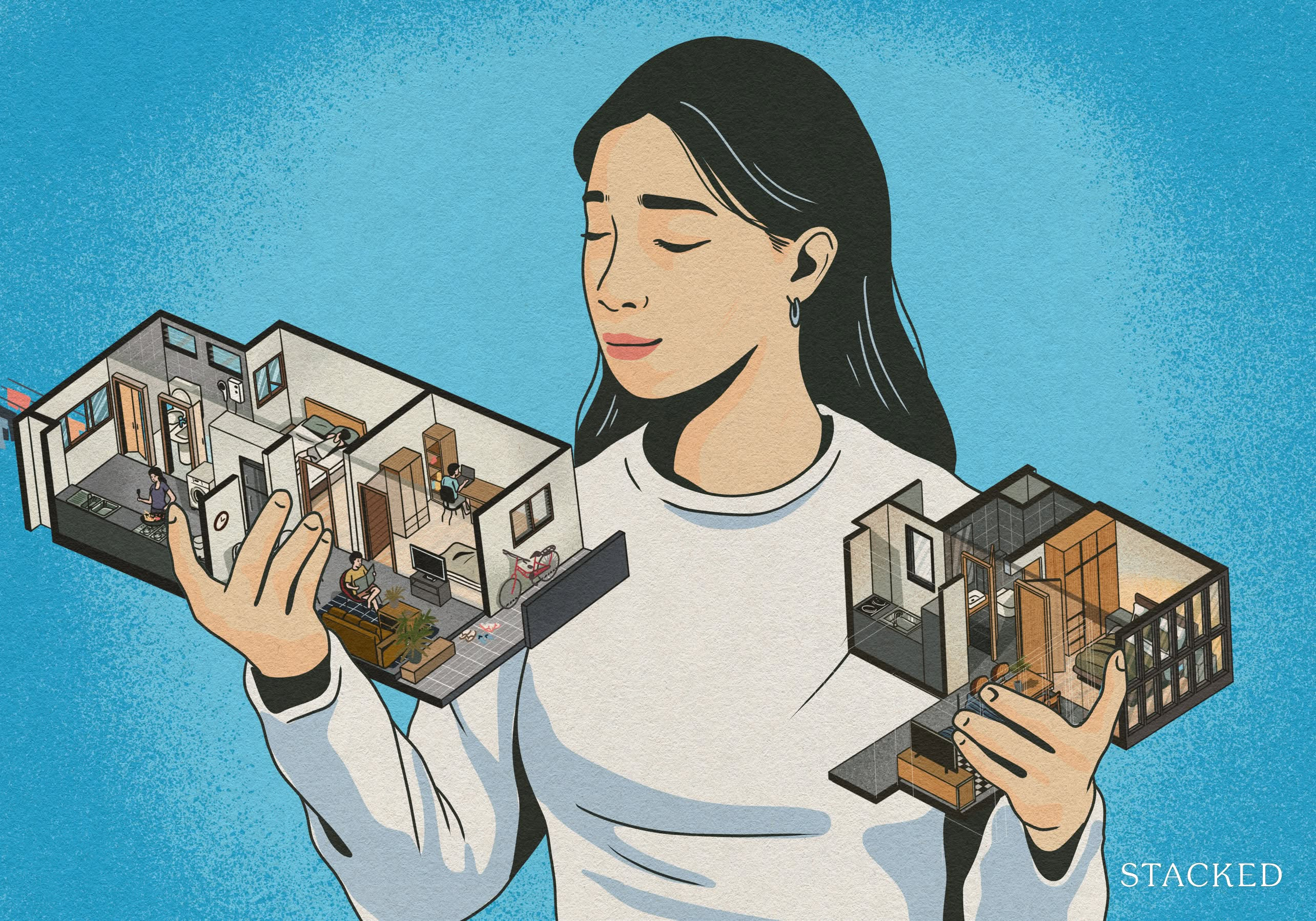
Property Advice The Ultimate Work From Home Homebuyer Checklist (That Most People Still Overlook)
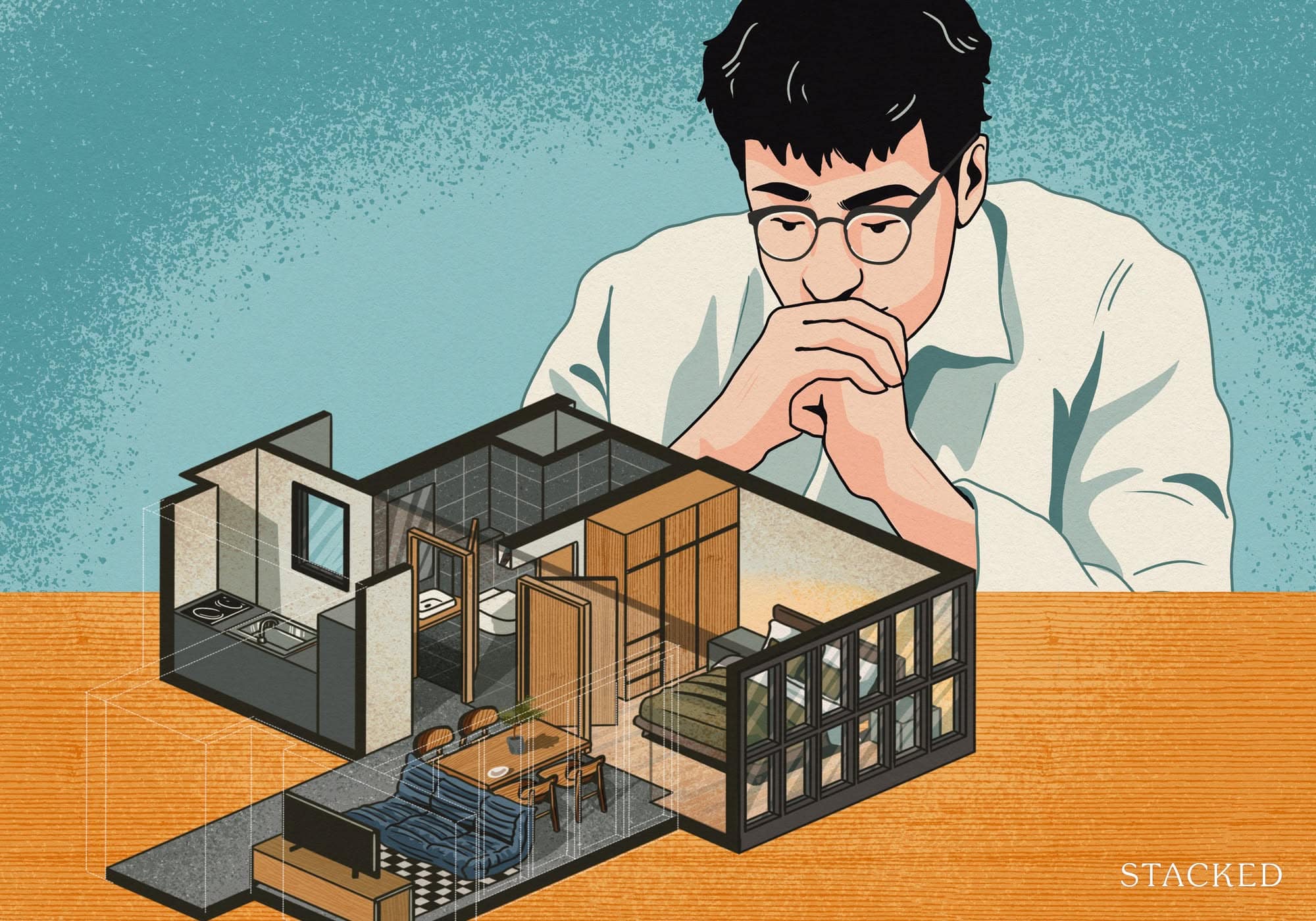
Property Advice When ‘Bad’ Property Traits Can Be A Bargain For Homebuyers In Singapore
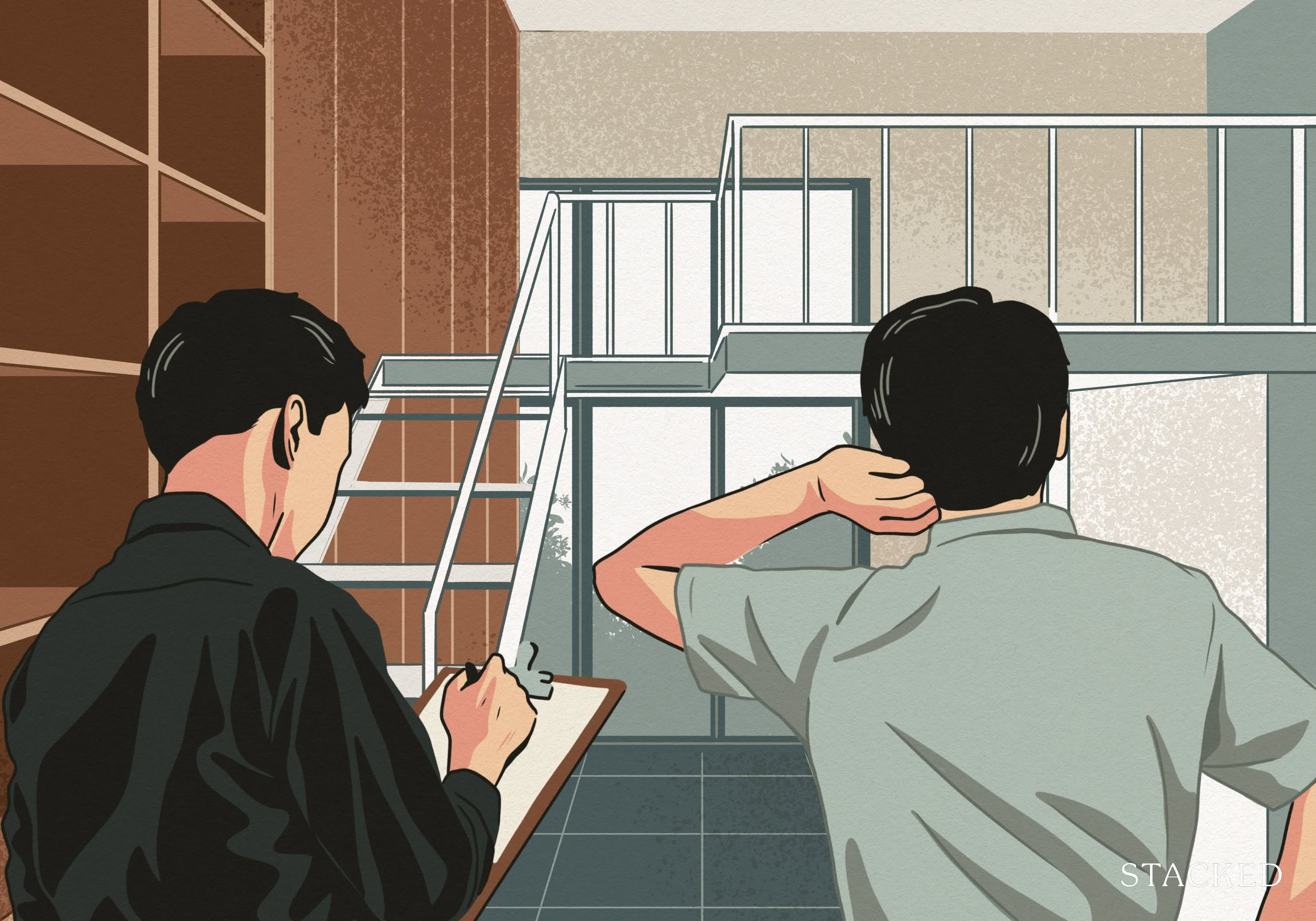
Property Advice The Hidden Risks Of Buying A Landed Home In Singapore: 6 Renovations That Could Be Illegal
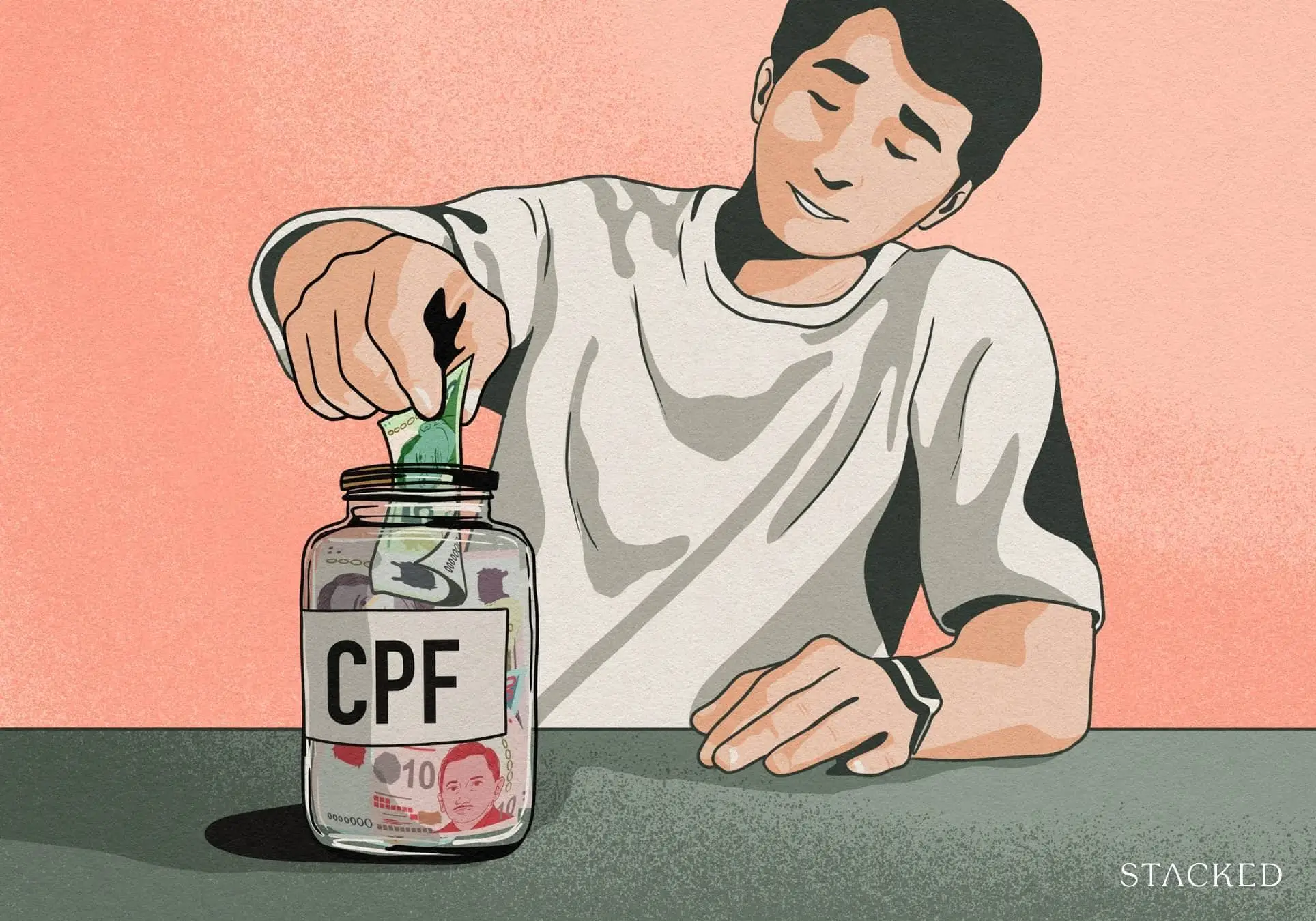
Property Advice Why You Should Rethink Using CPF for Your Home Purchase In 2025
Latest Posts

Property Picks 19 Cheaper New Launch Condos Priced At $1.5m Or Less. Here’s Where To Look
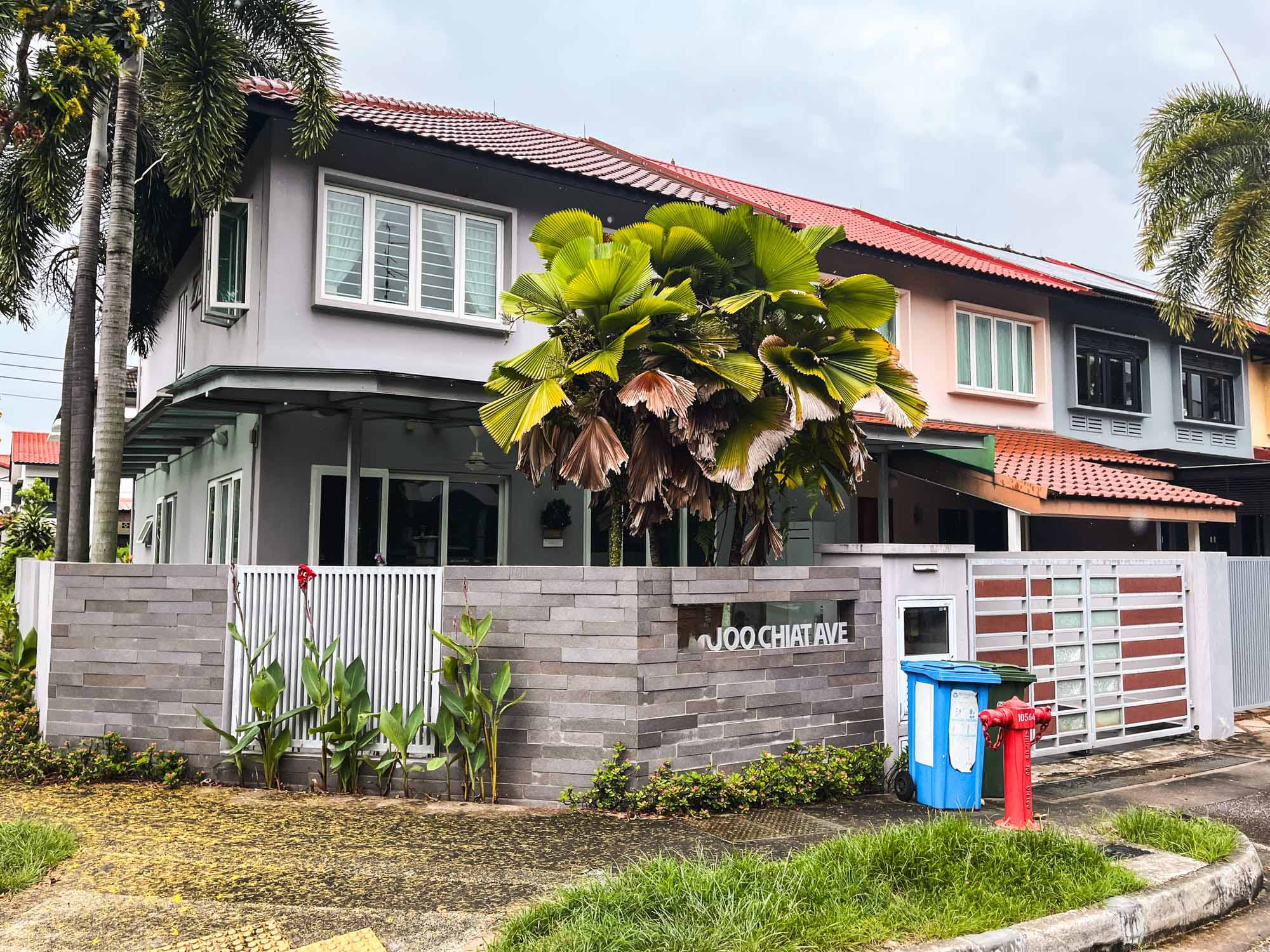
Landed Home Tours These $4m Freehold Landed Homes In Joo Chiat Have A 1.4 Plot Ratio: What Buyers Should Know

Singapore Property News Now That GE2025 Is Over, Let’s Talk About The Housing Proposals That Didn’t Get Enough Scrutiny

Property Picks Here’s Where You Can Find The Biggest Two-Bedder Condos Under $1.8 Million In 2025
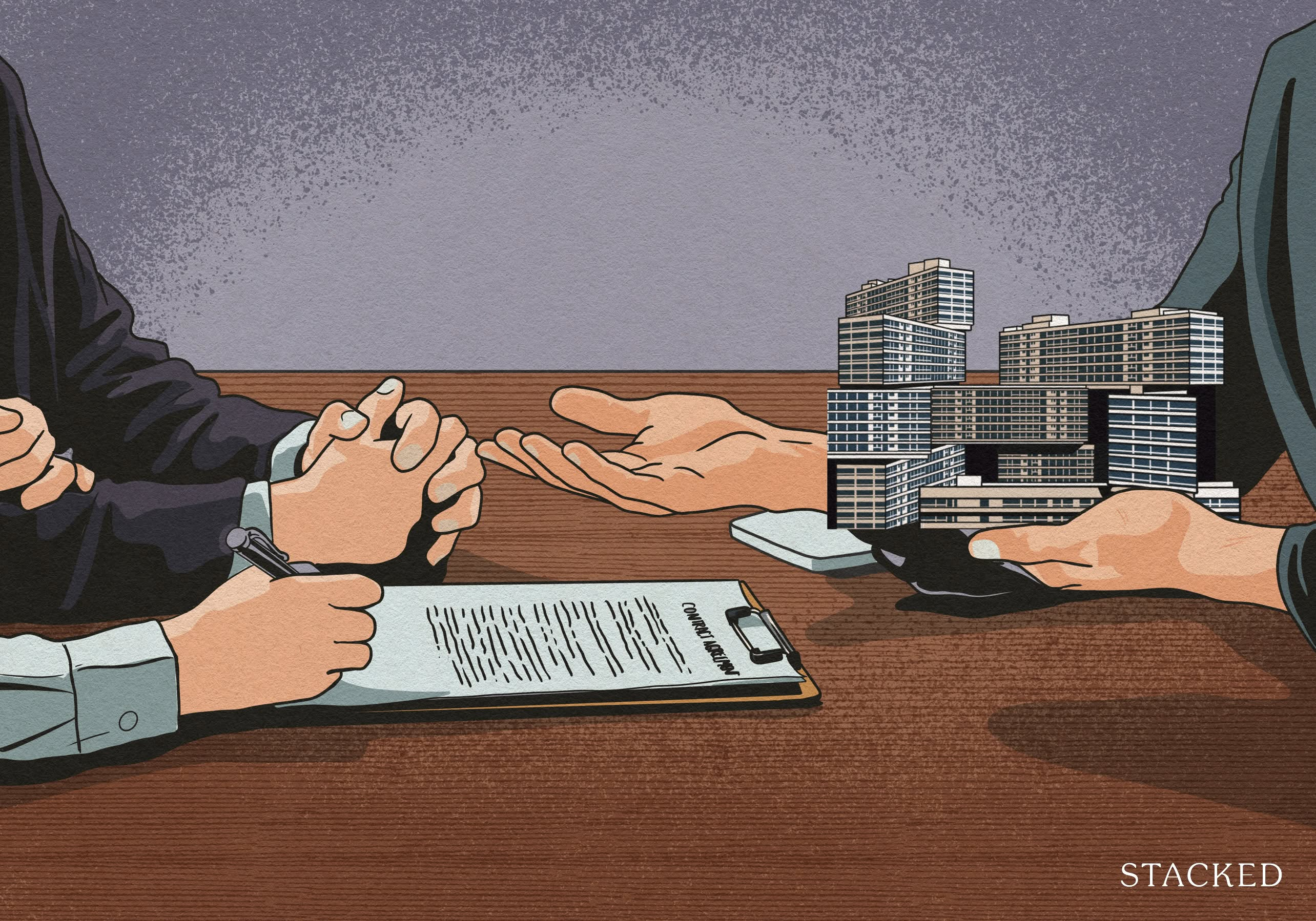
Property Market Commentary Why Do Property Agents Always Recommend New Launch Condos? Is It Really About The Money?
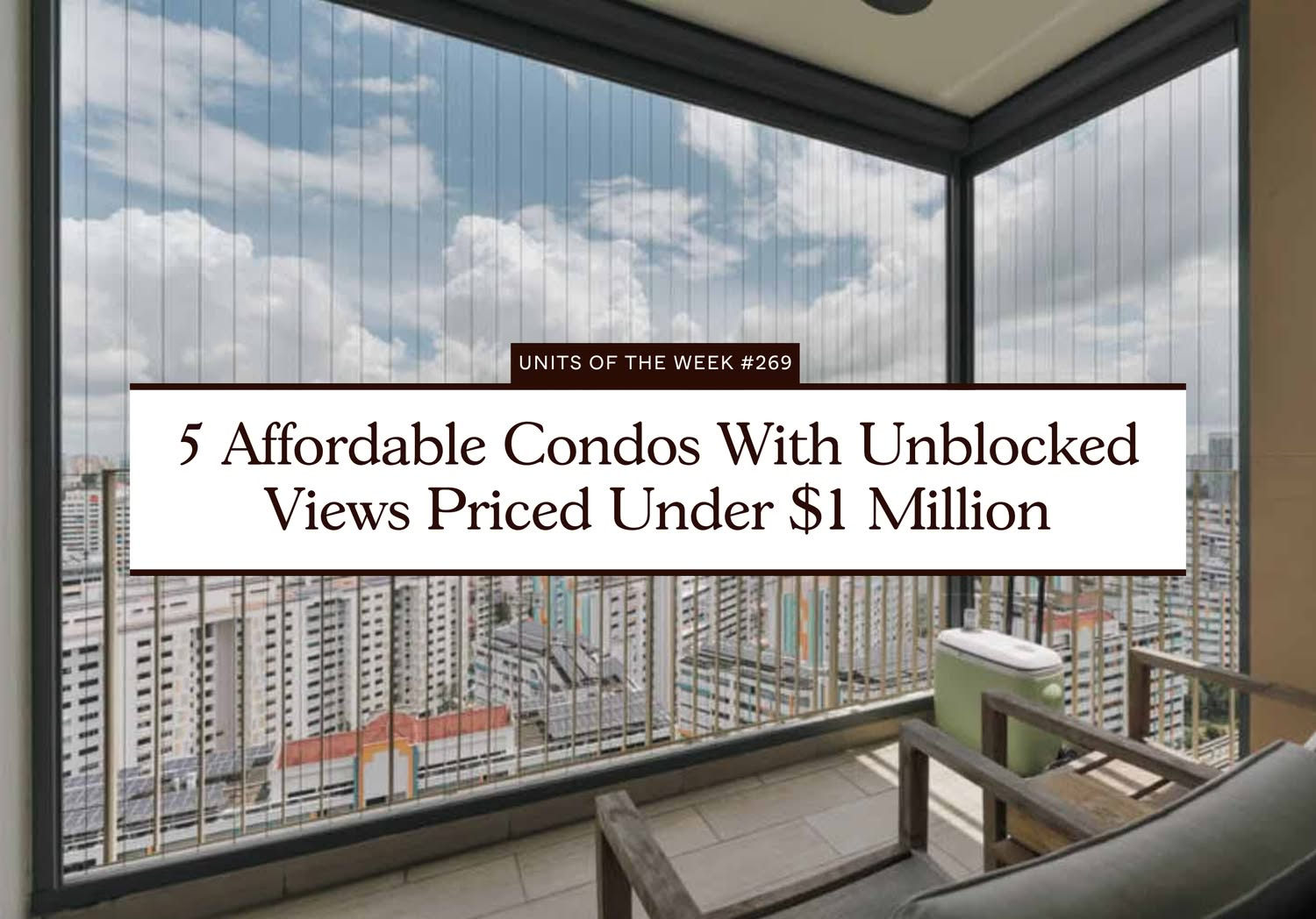
On The Market 5 Affordable Condos With Unblocked Views Priced Under $1 Million
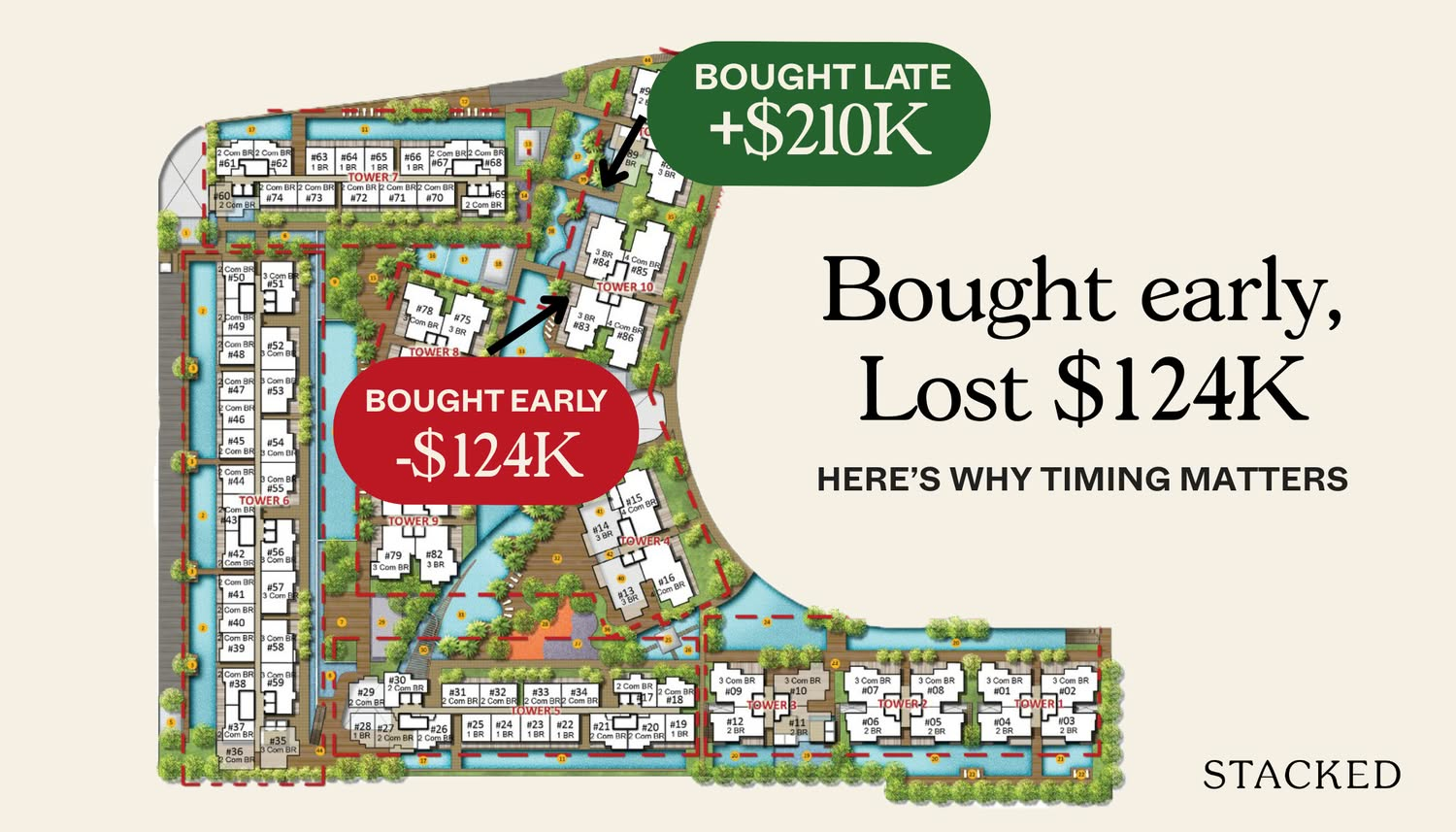
Pro Watertown Condo’s 10-Year Case Study: When Holding Period And Exit Timing Mattered More Than Buying Early
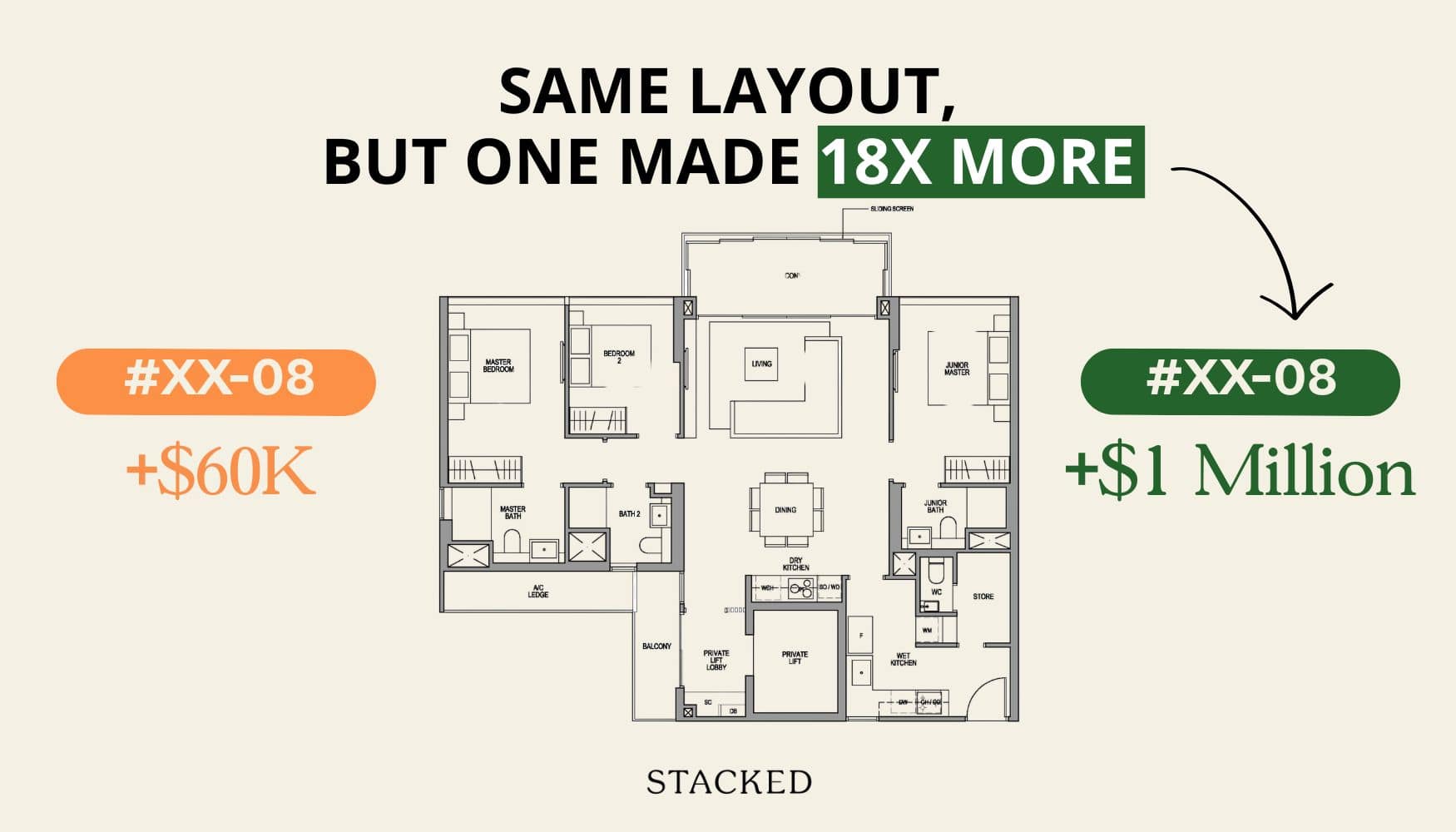
Pro Same Condo, Same Layout — But A $1M Profit Gap: A Data-Driven Study On Martin Modern

Singapore Property News GE2025: Who’s Got the Better Housing Plan? We Break Down PAP, WP, RDU, PSP And SDP Proposals
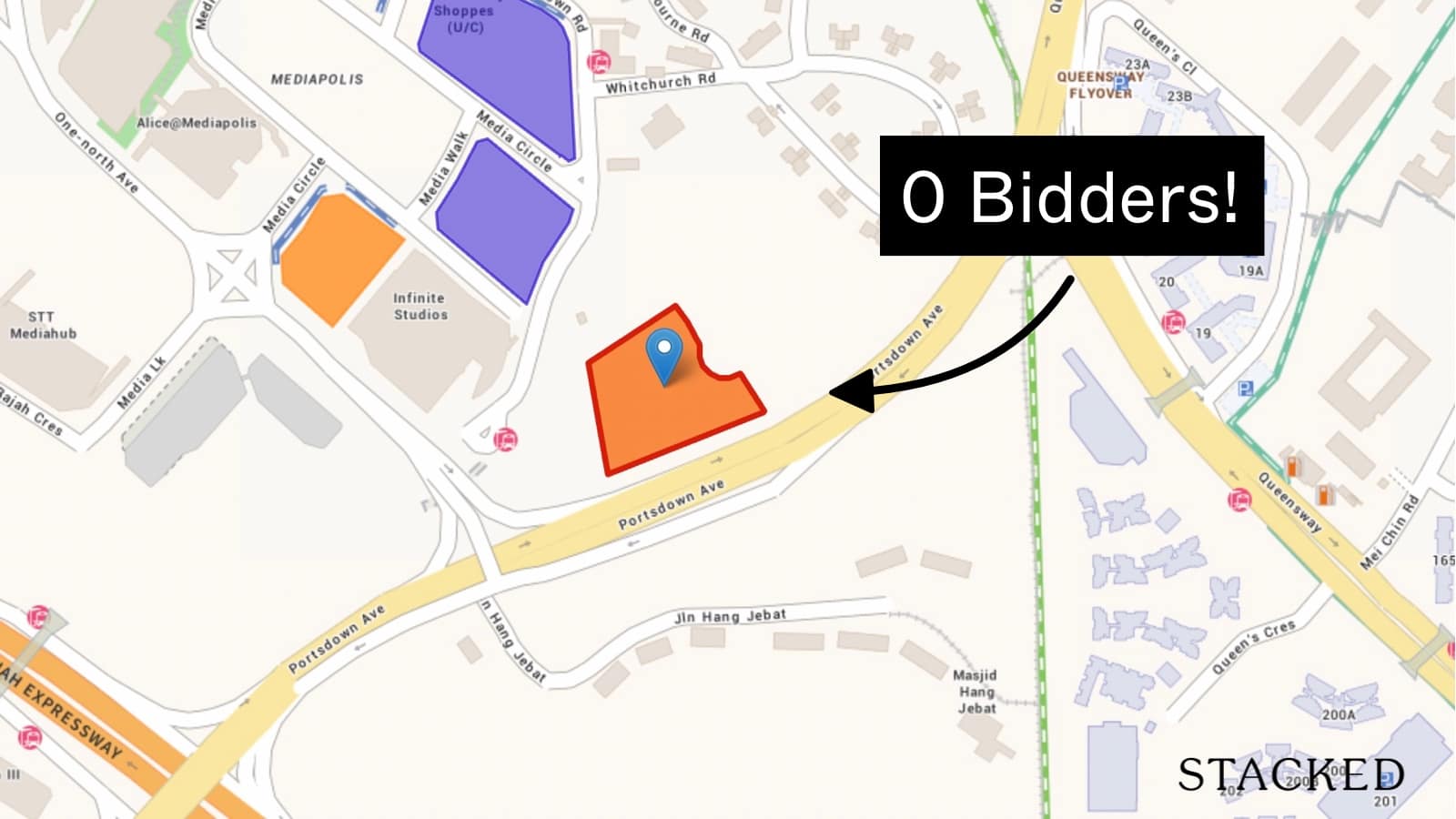
Editor's Pick Why No Property Developers Bid For Media Circle Parcel B (And What It Means For One-North)
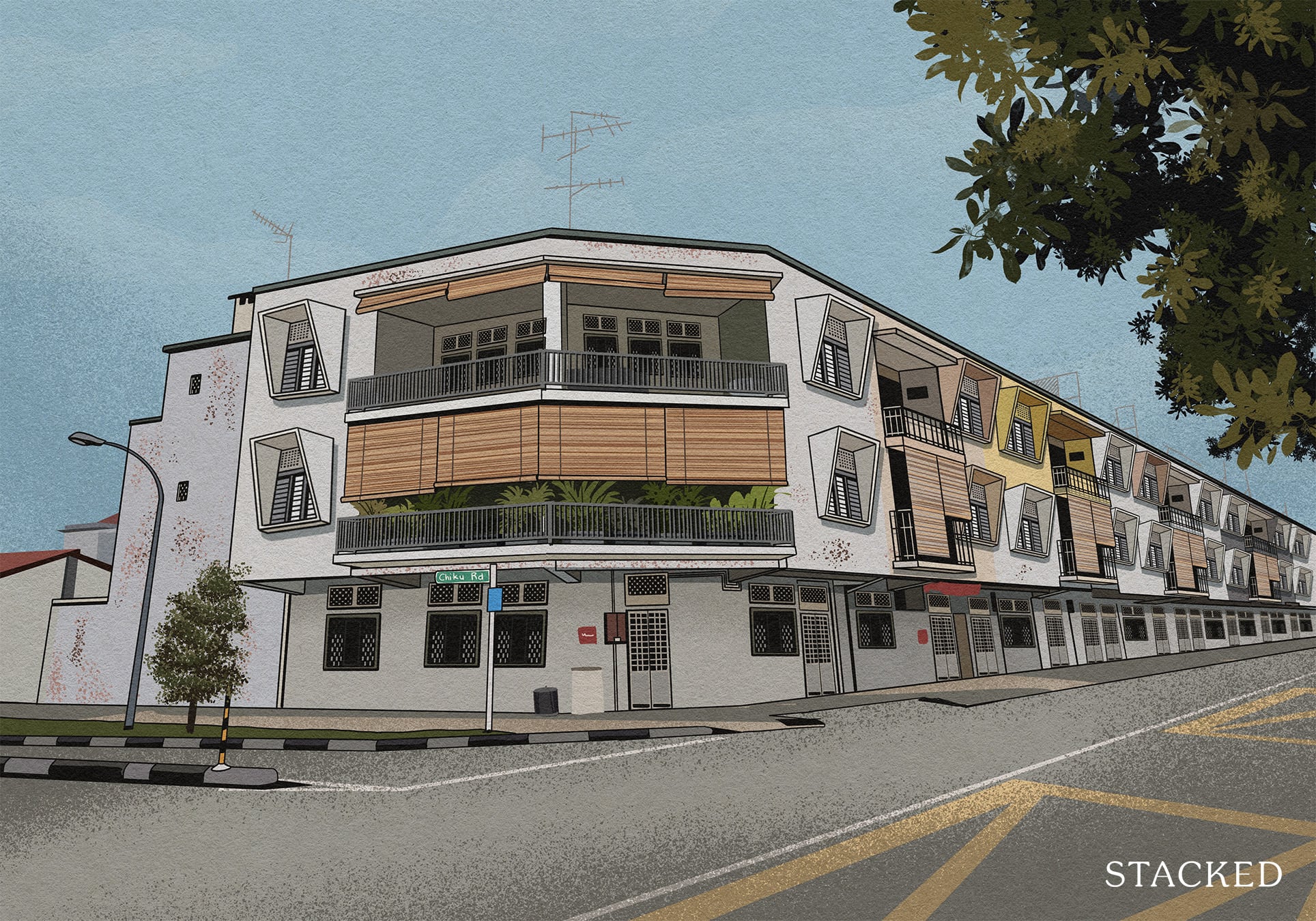
Homeowner Stories Buying A Walk-Up Apartment In Singapore? Don’t Overlook The Shops Below – Here’s Why
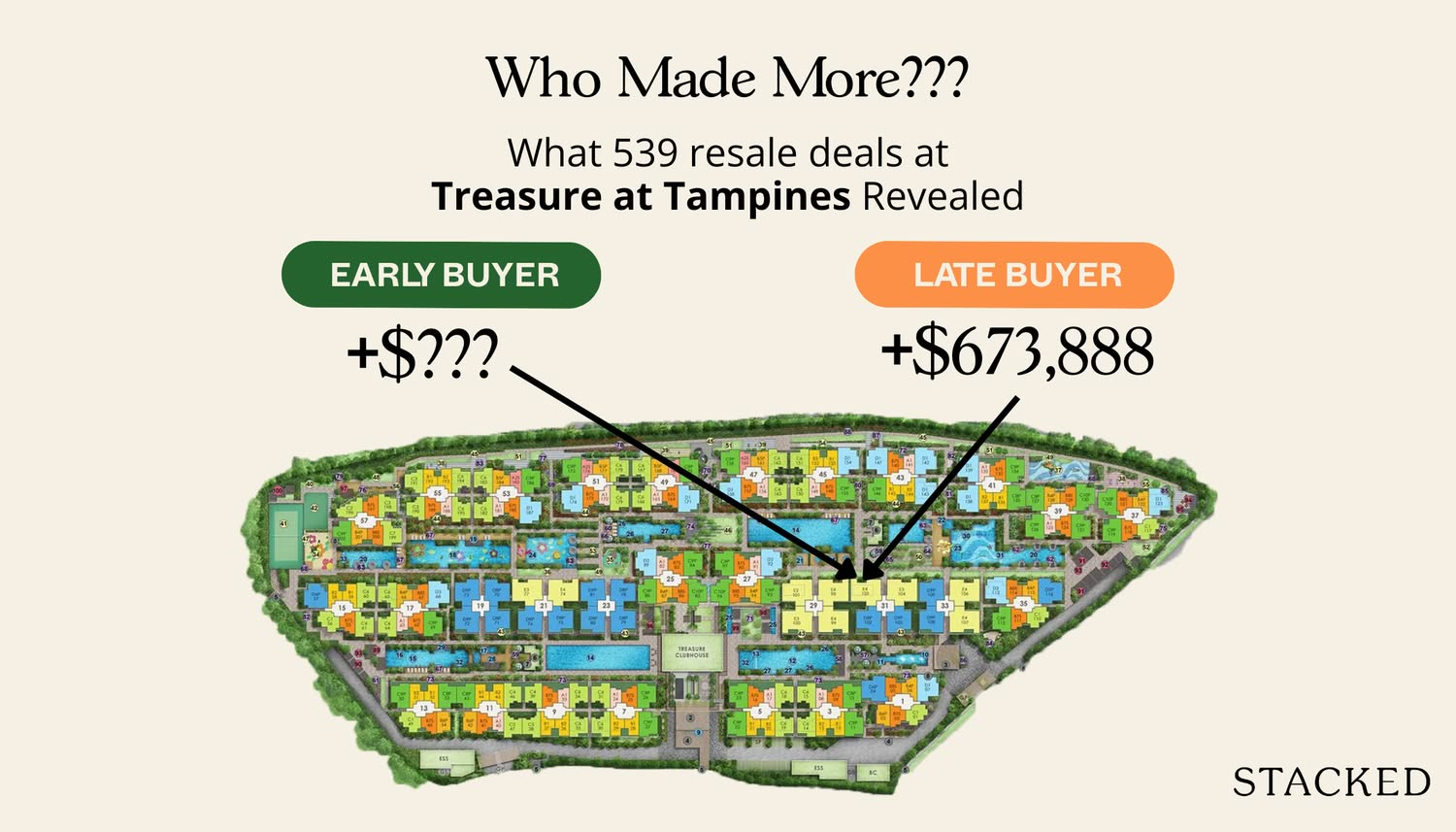
Pro How Purchase Timing Affects Returns In Mega Developments: A Case Study Of Treasure At Tampines
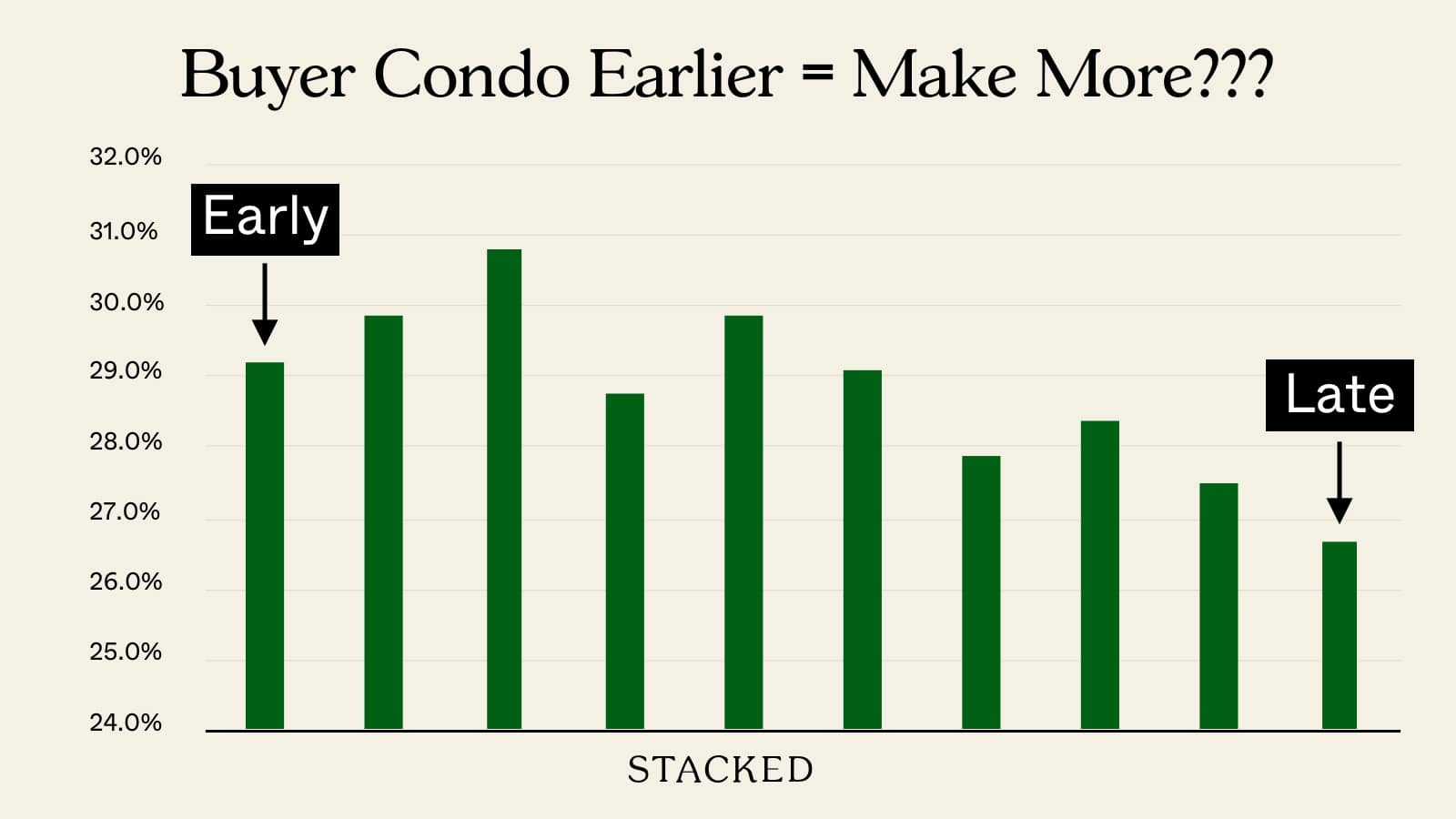
Editor's Pick Is Buying Early At A New Launch Condo Always Better? Here’s What The Data Shows

Property Market Commentary Is It Still Safe To Buy A Home In 2025? Why Singapore Property Buyers Shouldn’t Panic

Editor's Pick This Beautiful Japanese-Inspired 5-Room HDB Home Features an Indoor Gravel Garden
